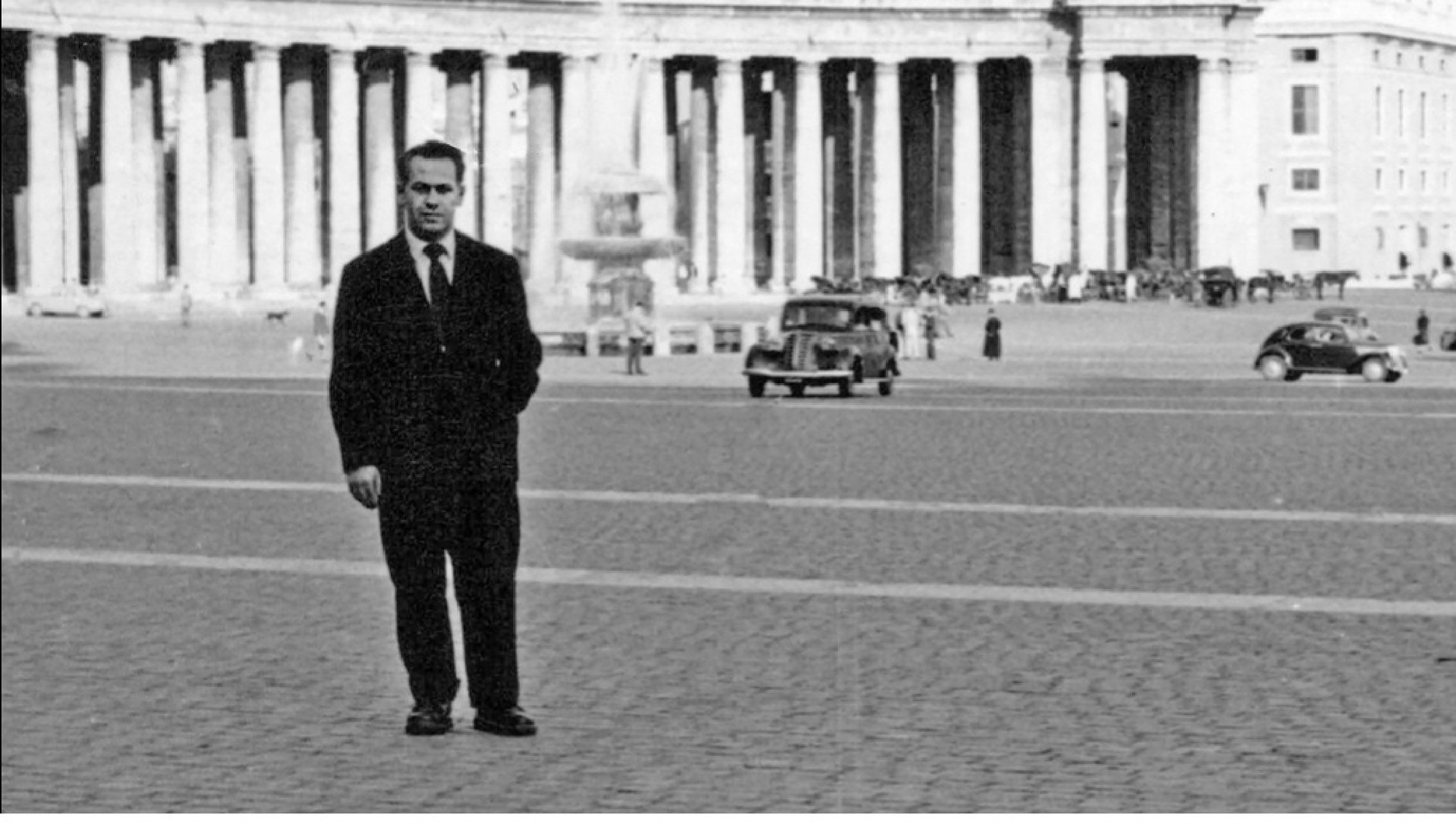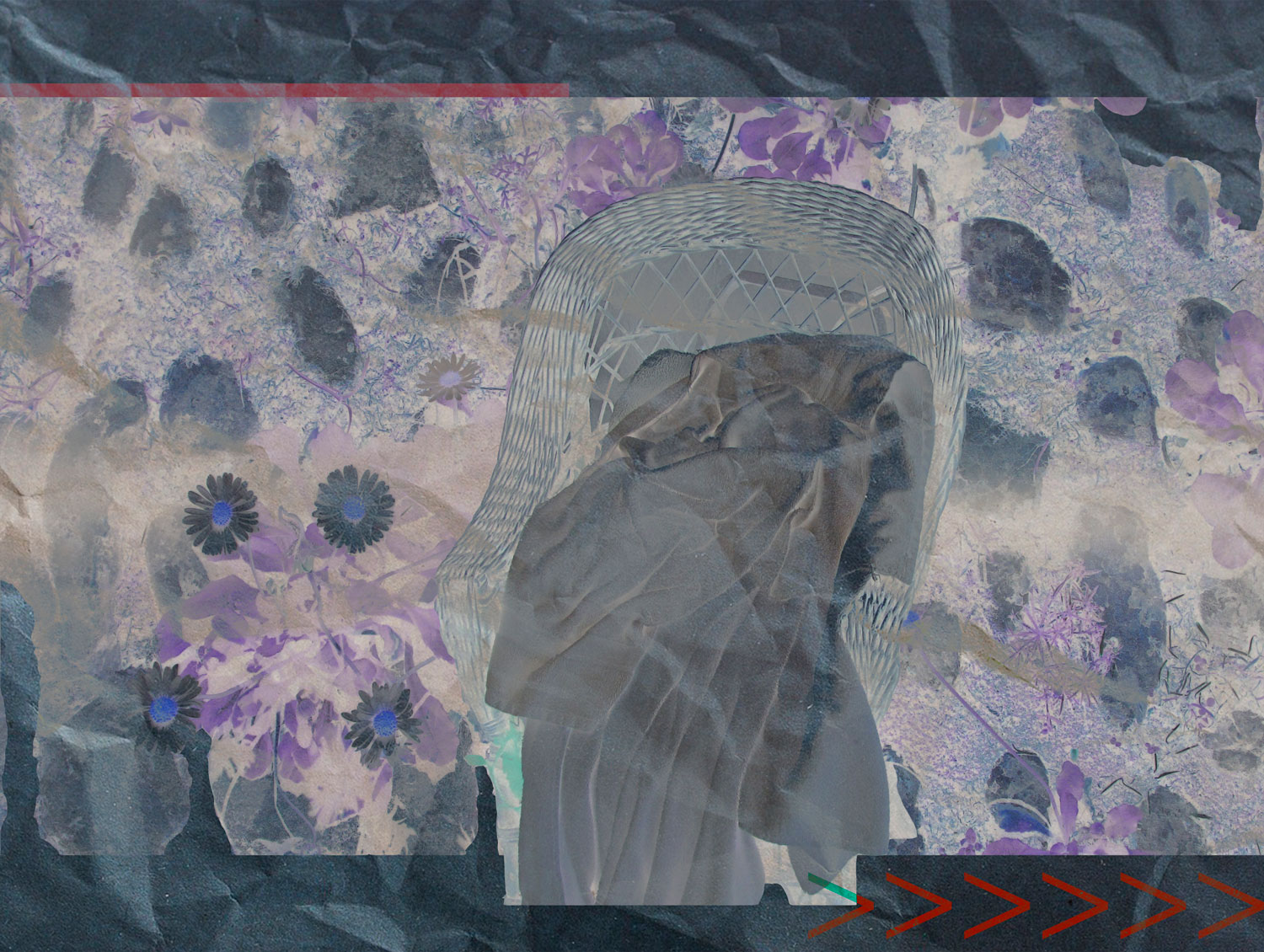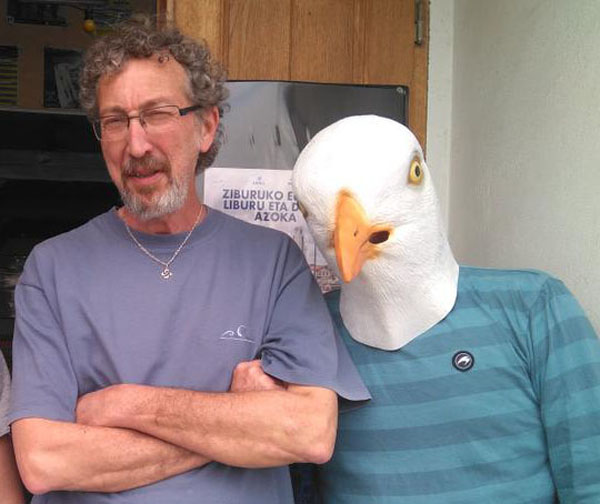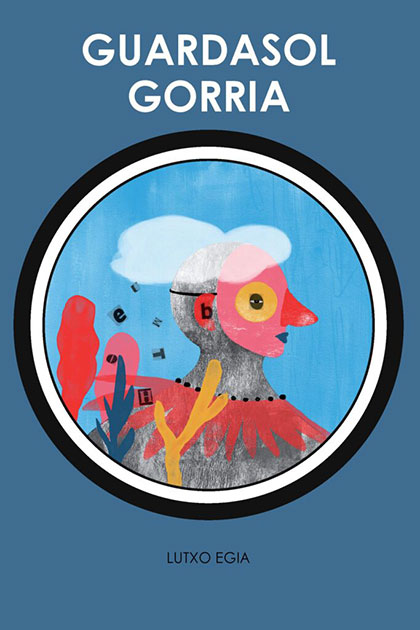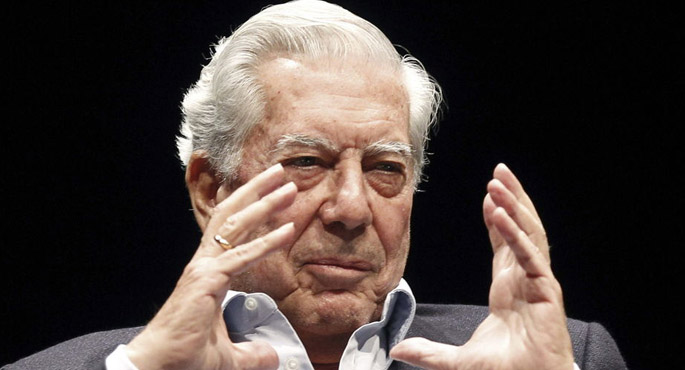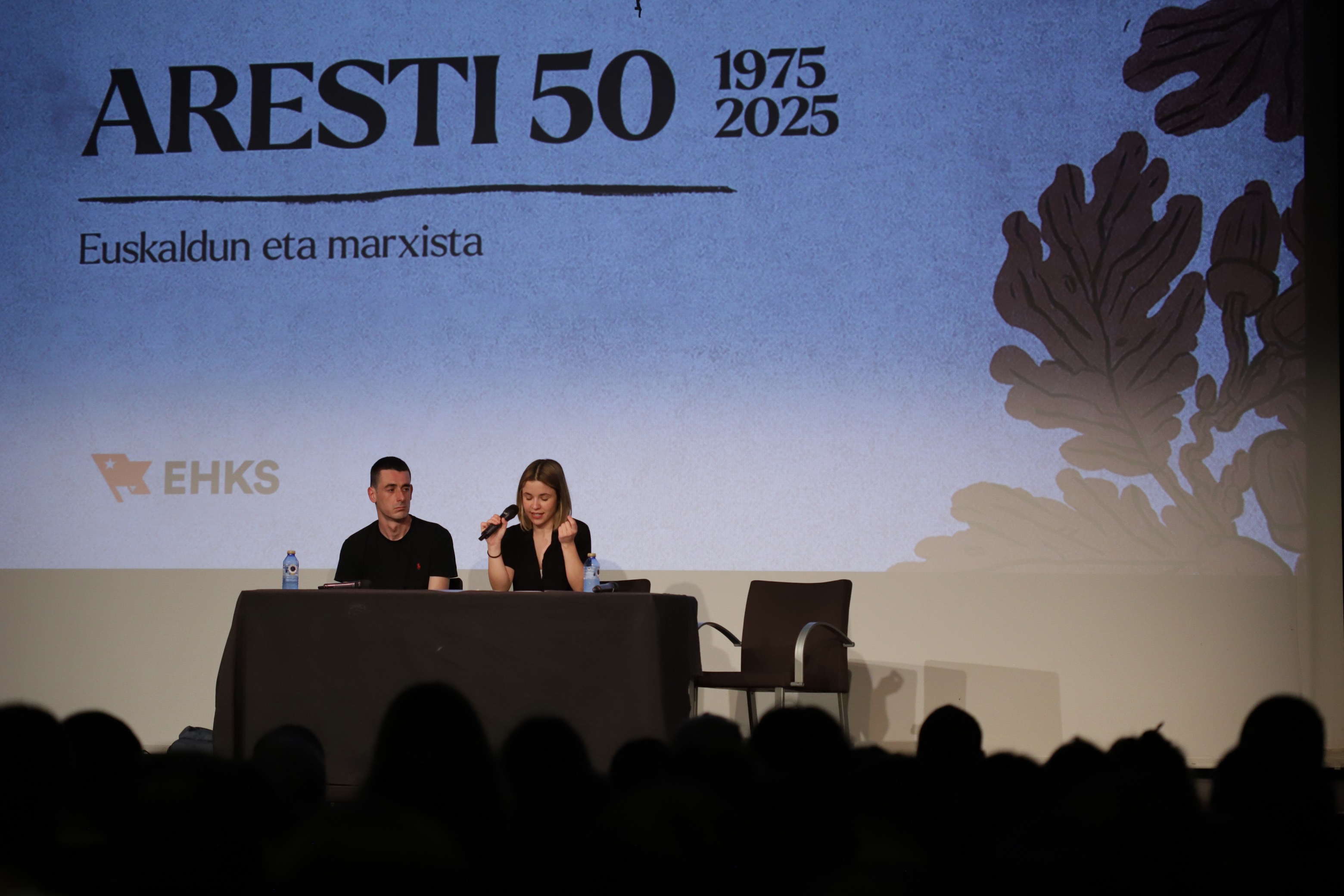Lorenza Mazetti: Look inwards to make the memory
- It's been a few years since I was shocked to the stand of the editorial Igela at the fair in Durango. I saw Belen Lucas' eye-catching book and bought it without reading anything. He spent a lot of time putting dust on the shelves of the different houses until I immersed myself in the Italian literature. And then, Lorenza Mazzetti's book The Decadent Sky jumped at me.
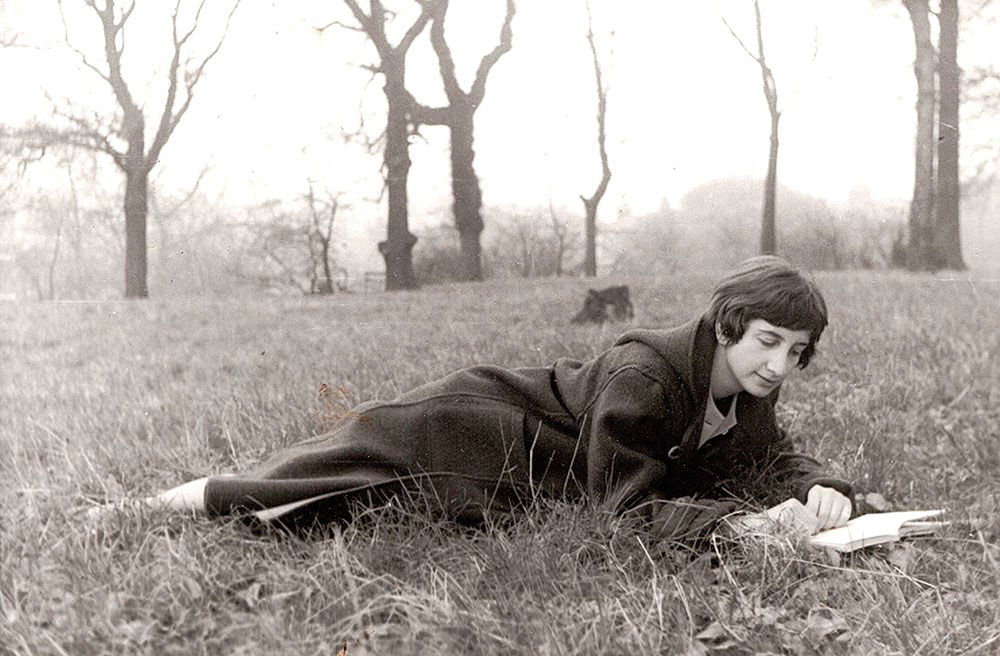
Mazzetti was an Italian artist (Florence, 1927 – Rome, 2020), writer, painter and filmmaker, among others. Her twin sister Paola and both were orphaned. That's why they lived a few years with their father's family until in 1944 the SS were killed by their aunt, uncle and cousins for being Jewish. So they were orphaned twice.
After this harsh and traumatic experience, he chose to do college in London, with the intention of leaving memories and pain behind. Away in space as if he didn't take his heart with him. He began to study the history of painting and art, but Mazzetti was notified that his family member, guardian of twins, squandered all the goods. Without family or money, she had to combine her studies with working as a waitress in a cafeteria.
In 1956 he recorded K with money from the Slade School of Fine Art and half hidden. When the bills arrived, the director saw the film instead of denouncing it and became the first film the school produced besides paying the debts. This opened its doors and, financed by the British Film Institute and three other filmmakers (Lindsay Anderson, Tony Richardson and Karel Reisz), created the Free Cinema movement, which would be the vanguard. It was an attempt to offer a new way of looking at the world after the wars and massacres experienced by the Europe of the time, which lasted until the 1960s. It was a movement that represented a change in film, in theater, in literature and in art in general. The film Together (Elkarrekin), directed from Mazzetti, places us in post-war London and starring two deaf-mutes. These characters, with their own conception, who live semi-isolated from the outside world, receive mocks from children and young people from the city. The proposal he made from Mazzetti is special and courageous. He was presented in Cannes in 1956 and received the vanguard Palmares award.
He then returned to Florence and immersed himself in a deep depression, despite having the protection of his sister. In several therapies she sought the answer to what was happening to her, and finally, the Gestalta opened her way. He struggled to sleep at night and when he got it, his nightmares were taken. Its origin focused on the events of childhood, where the experiences caused great impact and suffering and tried to escape from pain. But even though pain is uncomfortable, you only have to face it to overcome it and be able to live again. The therapist recommended that he write down what he had inside so he could release and complete it.
He struggled to sleep at night and when he got it, his nightmares were taken. The therapist, who placed his origin in the events of childhood (...), recommended that he write to free and complete what he had inside.
At that time the book to which we referred at the beginning of the article was born: The sky collapses. After sending it to several publishers, it was published in 1961. It was a resounding success and translated into twelve languages. When it was republished in 1993, it was discovered that the book was based on his life, thanks to his uncle’s gratitude. In Euskera we can find it published by Igelak translated by Xabier Olarra and Fernando Rey. The main peculiarity of the book is the narrative voice: that of a child. I would say that it is a literary strategy to combat the cruel and cruelty of our experiences. Approach the subject with a little emotional distance. The child's gaze and voice are well collected. The protagonist is a simple being that does not have the whole context and has not yet understood the logic of the world. From his eyes and his voice there is a danger. We'll also see the fear of losing your uncle. Because we're not going to find linear and analytical accounts of World War II. What surprised me in the different readings of the book is that, through children’s games and interviews, it perfectly explains how the ecclesiastical power, the Nazi violence and the fear it provokes materialize. Without theoretical explanations, the characters nailed messages and beliefs in the viscera. From a young age. The book is a critique of all this. And also the memory exercise: It served, on the one hand, to order Mazzetti's memories; and on the other, it was the way to make his place to the family. Finally, there is a record of a collective wound. Memory and a composition exercise. In 2000, the Frazzi brothers made a film of the same name.
His only book we can read in Basque is the one we have talked about, but his literary trajectory was profuse. In 1963 he published the book Con rabbia (Amorruz). The two sisters in the previous book are still the protagonists, but in this case the voice is the most adolescent. The title gives us a beautiful hint, as the tone is what I would highlight from this book: anger and anger. They're characters who have failed the world since their childhood. Violence and war have taken away almost everything and in the following years hypocrisy reigns in Italy: ecclesiastical power continues to prevail, and patriarchal structure is constrained to the heads so fast and alive and curious. The claim made in the book is progressive, courageous and feminist. It's a book full of literary, artistic and political references.
What surprised me in the different readings of the book is that, through children’s games and interviews, it perfectly explains how the ecclesiastical power, the Nazi violence and the fear it provokes materialize.
He also wrote and published other books, London Journal (London Journal) and My Puo will lend the sua gun per favore? (Please, can you leave your gun to me? ), among others. He also created theatres for children and met and made known the world of puppets. He founded the Puppet Theatre, although it is its most unknown facet. He was a member of the PCI (Italian Communist Party) and wrote weekly in Vie nuove magazine.
Before concluding, I should also like to mention the painter Mazzetti. In 2010 in Rome Album di famiglia. Storia di una famiglia sotto il fascismo (Family album: History of a family subjected to fascism). About 80 paintings depicted the history of his childhood. To me, they look like very special images: they're shaped like naif, but they're filled with symbols and meanings. Seen in order, the rhythm is gaining and the story is perfectly done. The use of colors is magical. They beautify and strengthen the story. They're hypnotics. Along with the exhibition he published a book that collected paintings, texts, photographs and analyses, discontinued for many years. In 2020, the book was reedited with the death of Lorenza Mazzetti. It's a treasure, I promise.
A friend told me that once we make historical memory we tend to look backwards, but we should look inwards and remember it from the viscera. Mazzetti was a great artist, a gem. Letters, paintings, images, movement -- everything was taken advantage of so your pain wouldn't steal your sleep. He looked in person at what he had lived and gave him a voice. A child, a young man and an adult. And luckily, we can read in Basque a sample of his work. As a summer end gift.
Now that everyone has become more Franciscan than the Pope, it’s worth remembering our unsurpassed classics. There was one in the 17th century, his grace was Arnaut Oienart. And since we can’t immerse ourselves in all his works, today we will praise O.ten youth in... [+]
Aurreko tertuliako galderari erantzuteko beste modu bat izan zitekeen, akaso modu inplizituago batean, bigarren solasaldi honetako izenburua. Figura literarioaz gaindi, pertsonaia zalantzan jartzeko, edo, kontrara, pertsonaiaren testuingurua ulertzeko saiakera bat. Santi... [+]
Martin Martina and the Mystery of the Golden Comb
by Amancay
Gaztelañaga Batu, 2024
-----------------------------------------------------
Amancay Castañaga launches the mystery of Martín Martina and the golden comb accompanied by the illustrations of Alain Martínez... [+]
The annoying noise of the works of the neighbors has awakened me even today. I put my head on the pillow, and I tried to sleep for another twenty minutes, but there was no one to shut that drill down. I woke up and looked at the table of duties that I did at the beginning of... [+]
Guardasol gorria
Lutxo Egia
Susa, 2024
Under the asphalt, the flower
Text: Monica Rodriguez
Illustrations: Rocío Araya translation
of: Itziar Ulcerati
A fin de cuentos, 2025
Ereserkiek, kanta-modalitate zehatz, eder eta arriskutsu horiek, komunitate bati zuzentzea izan ohi dute helburu. “Ene aberri eta sasoiko lagunok”, hasten da Sarrionandiaren poema ezaguna. Ereserki bat da, jakina: horra nori zuzentzen zaion tonu solemnean, handitxo... [+]











